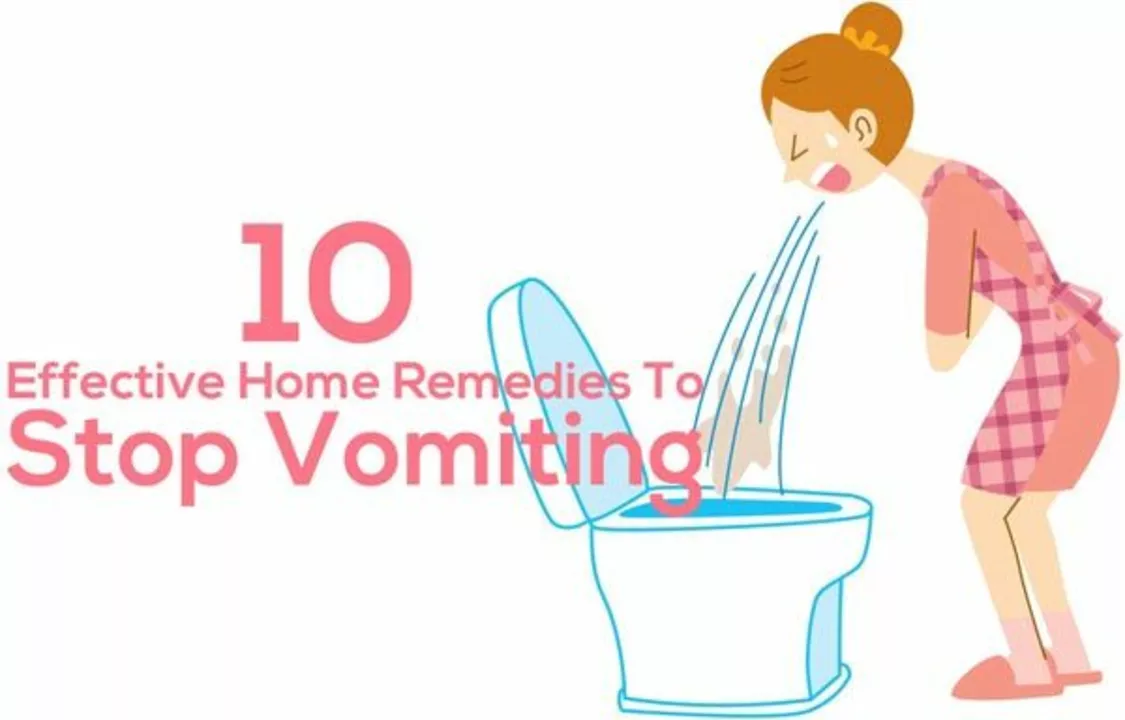Homeopathic Remedies: What They Are and How to Use Them Safely
If you’ve ever walked past a shelf labeled “homeopathy” and wondered what’s inside, you’re not alone. Homeopathic remedies are ultra‑diluted substances that claim to trigger the body’s own healing response. The idea is simple: give a tiny amount of something that would cause symptoms in a healthy person, and your body learns to correct those symptoms when you’re ill.
That sounds odd, but many people swear by them for colds, allergies, or mild aches. The key thing to remember is that the dilution process makes the original ingredient almost nonexistent. Because of this, most homeopathic pills are essentially sugar or lactose with a few drops of water that once held the active plant or mineral.
Common Homeopathic Picks and When People Use Them
Here are a few of the most talked‑about remedies you’ll see in stores or online:
- Arnica montana – used for bruises, muscle soreness, and post‑workout aches.
- Allium cepa – a go‑to for runny noses and watery eyes during colds.
- Oscillococcinum – marketed for flu‑like symptoms; you’ll often see it in the shape of a small pellet.
- Nux vomica – popular for digestive upset after overeating or too much coffee.
- Rhus toxicodendron – chosen for joint stiffness that feels better with movement.
People usually pick a remedy based on the “principal symptom” they’re experiencing. The label often tells you which situation it fits best, so you can match your feeling to the product.
Safety Tips and When to See a Doctor
Homeopathic products are low‑risk because of their extreme dilution, but that doesn’t mean you should ignore safety. Here’s what to keep in mind:
- Read the label. Even though the active ingredient is tiny, some people are allergic to the base sugar or lactose.
- Don’t replace prescribed meds. If your doctor gave you antibiotics for a bacterial infection, a homeopathic remedy won’t cure it.
- Watch for interactions. Some homeopathic formulas contain tiny amounts of herbs that could affect blood pressure or blood sugar.
- Pregnant or nursing? Check with your healthcare provider before trying any new supplement, even a highly diluted one.
If symptoms last more than a few days, get worse, or you have a chronic condition like asthma or diabetes, call a doctor. Homeopathy can be a complementary option, not a primary treatment for serious issues.
When you buy homeopathic remedies, choose reputable brands that list their dilution levels (usually “30C” or “200X”). Look for third‑party testing seals to make sure the product isn’t just sugar with a fancy label.
Bottom line: homeopathic remedies can be handy for minor complaints when used correctly. Treat them like any other over‑the‑counter supplement—read, follow dosage, and keep an eye on how you feel. If in doubt, a quick chat with your pharmacist or doctor will clear things up.
The effectiveness of homeopathic remedies for vomiting during pregnancy
In my recent research, I've discovered that homeopathic remedies can be quite effective in alleviating vomiting during pregnancy. Many pregnant women have found relief from morning sickness and nausea through these natural treatments. Some popular homeopathic remedies include Ipecacuanha, Nux Vomica, and Sepia. It's important to consult with a qualified homeopath before using these remedies, as each individual's needs may vary. Overall, homeopathic remedies offer a safe and gentle alternative to conventional medications for managing vomiting during pregnancy.
READ MORE
